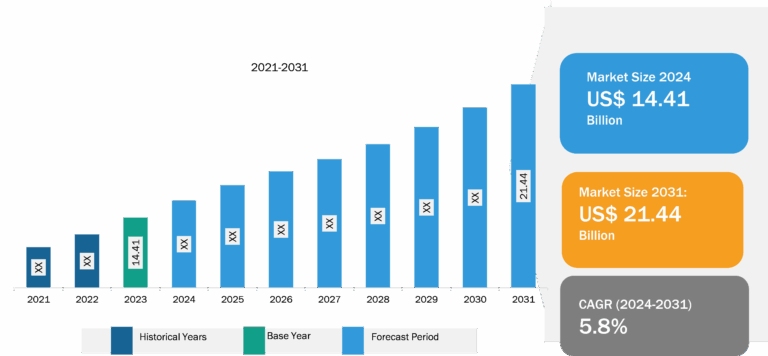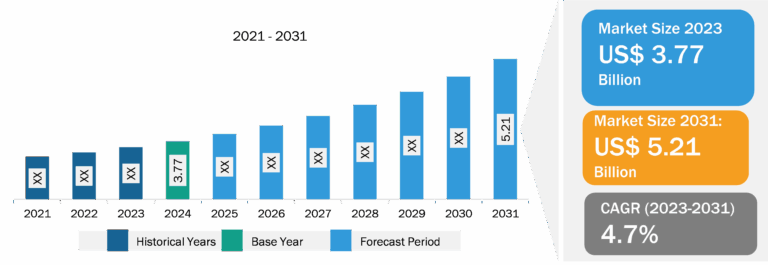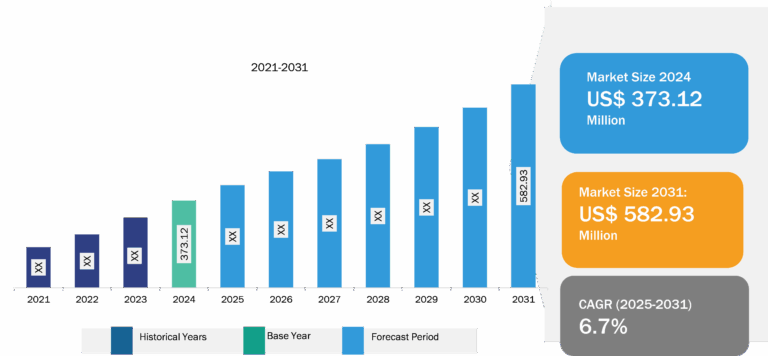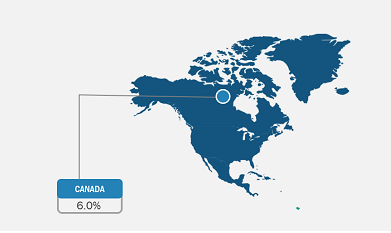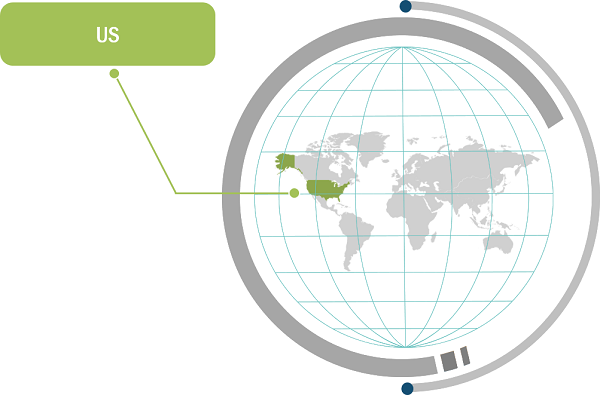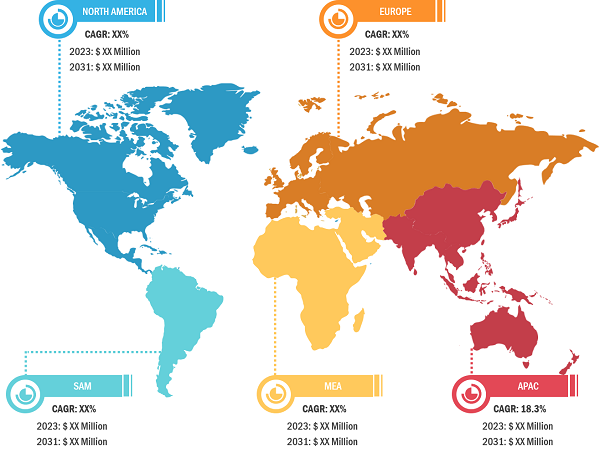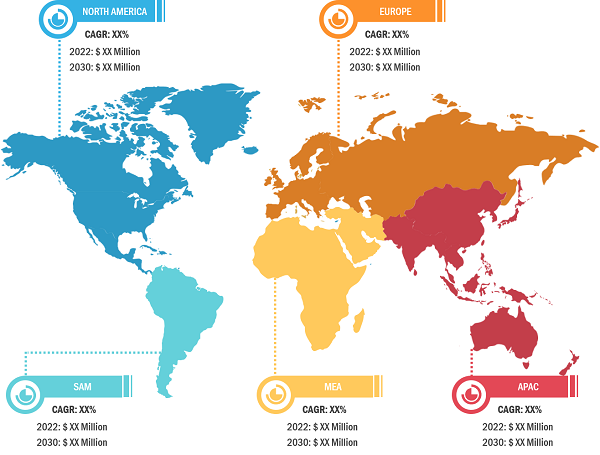
Internet Protocol Television (IPTV) Market
Increasing Demand for video-on-demand and high-definition channels to Fuel Internet Protocol Television (IPTV) Market Growth During Forecast Period
The IPTV (Internet Protocol Television) market has been experiencing rapid growth in recent years, primarily driven by the increasing demand for video-on-demand (VOD) services and high-definition (HD) channels. IPTV, which delivers television content over internet protocol networks, has emerged as a popular choice for consumers seeking enhanced viewing experiences and greater flexibility in content consumption.
One of the key drivers of the IPTV market is the growing appetite for video-on-demand services. With the advent of streaming platforms such as Netflix, Amazon Prime Video, and Hulu, consumers have become accustomed to accessing a vast library of content at their convenience. IPTV providers have capitalized on this trend by offering comprehensive VOD libraries, giving viewers the freedom to watch their favorite shows and movies whenever and wherever they want. The convenience, variety, and control offered by VOD services have made them an attractive proposition for consumers, bolstering the demand for IPTV. Furthermore, the increasing popularity of high-definition channels is another significant factor contributing to the growth of the market. HD channels offer superior picture and sound quality, providing viewers with a more immersive television experience. As consumers seek enhanced visual experiences, the demand for HD channels has surged. IPTV providers have leveraged this demand by offering an extensive range of HD channels, catering to the preferences of discerning viewers. The availability of high-quality content has become a crucial differentiating factor for IPTV providers, driving their market growth.
IPTV’s inherent flexibility and customization options have also fueled its market expansion. Unlike traditional cable or satellite television, IPTV allows users to personalize their channel lineups, selecting only the content that aligns with their interests. This customization feature has resonated with consumers who value tailored viewing experiences. Additionally, IPTV supports multi-screen functionality, enabling users to access their favorite content on various devices, including smartphones, tablets, and smart TVs. This flexibility has further contributed to the increasing adoption of services.

Internet Protocol Television (IPTV) Market: Industry Overview
The Internet Protocol Television (IPTV) market is segmented on the basis of component, device type, End User, and geography. Based on the component, the market is segmented into hardware, software, and services. By device type, market is segmented into smartphones and tablets, smart TVs, and laptops and desktops. Based on End Users, market is categorized into commercial and residential. The market, based on geography, is categorized into North America, Europe, Asia Pacific, the Middle East & Africa, and South America.
In 2022, North America led the global market with a substantial revenue share, followed by Europe and Asia Pacific. The market in North America is segmented into the US, Canada, and Mexico. The US is one of the major technological forefront countries with technological penetration. In addition, the rise in smart devices, such as smart TVs, smartphones, and tablets, has contributed to the expansion of the IPTV market. For instance, in the U.S., roughly 63.43 million houses are actively employing smart home devices as of 2023. IPTV services offer multi-screen functionality, allowing users to access their favorite content on various devices. This flexibility and convenience have attracted a significant number of consumers who prefer to watch their preferred shows on the go or across multiple screens.
Additionally, the ability to customize channel lineups and tailor content to individual preferences has been a driving force behind the growing popularity in the region. Unlike traditional cable or satellite TV, IPTV allows users to select and pay only for the channels they want. This level of customization has resonated with consumers seeking more control over their viewing experiences.
Internet Protocol Television (IPTV) Market: Competitive Landscape and Key Developments
AT&T Inc., Verizon Communications Inc., Broadcom, Inc., Cisco Systems Inc., and Akamai Technologies are among the leading market players profiled in the market report. Several other essential market players were analyzed for a holistic view of the market and its ecosystem. The report provides detailed market insights, which help the key players strategize their market growth. A few developments are mentioned below:
- In October 2023, M7 Group, a supplier of pay TV and IP networks in Germany, expanded its partnership with Liwest, an Austrian telecommunications network operator. Canal+-owned M7 will provide the network operator with complete IPTV license rights, including advanced functions, in addition to its cable TV offering of Free-TV, Pay-TV, and foreign language programming.
- In March 2022, Cisco, a global leader in corporate networking and security, announced a multiyear global cooperation with Real Madrid, a Spanish football team in which they will construct Europe’s biggest Wi-Fi 6 stadium network, making Santiago Bernabéu Stadium one of the world’s most technologically sophisticated sporting facilities. Furthermore, the firm will also offer more than 1,000 displays powered by Cisco’s end-to-end IPTV system, which blends high-definition video distribution with cutting-edge digital signage, which will enable the Club to create extra income, activation, and fan engagement across the complex.

